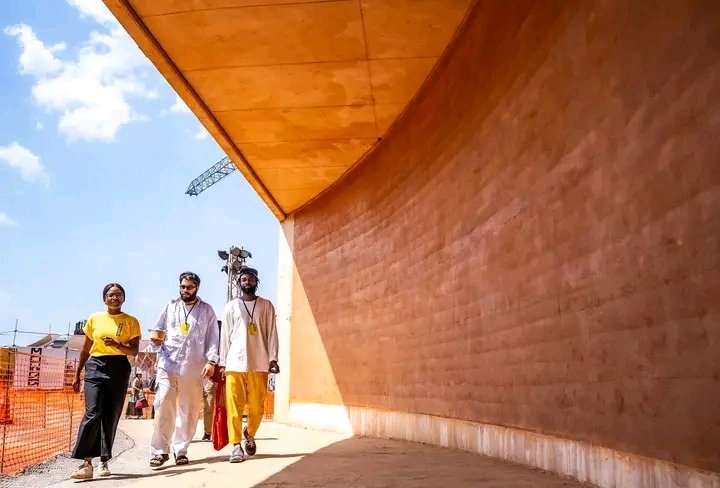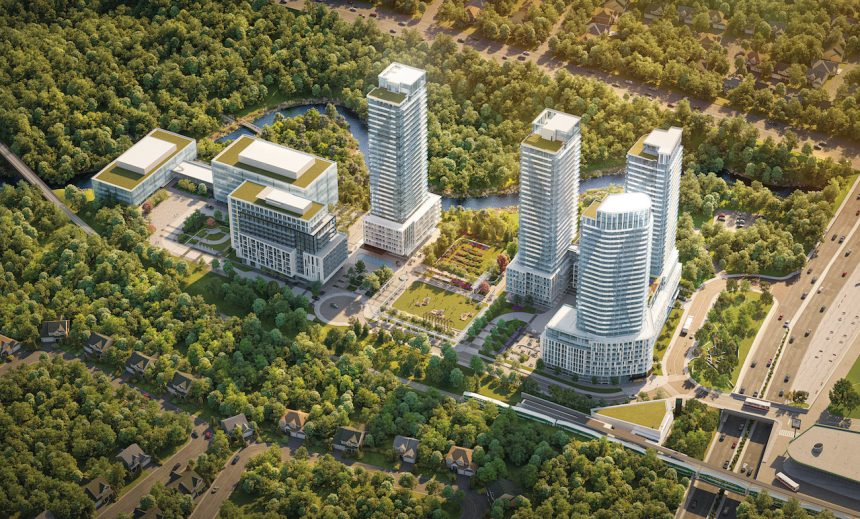Sustainable housing significantly enhances the quality of life by integrating principles of environmental protection, economic efficiency, social inclusion, and cultural relevance into the provision of real estate solutions.
These elements create eco-friendly, affordable, and community-focused living spaces, ultimately fostering a more sustainable and equitable society.
In Nigeria, the adoption of these methods in the provision of housing, urban projects and construction is very low, despite the numerous challenges posed to the environment when these sustainable practices are jettisoned.
As real estate developers, regulators, and other stakeholders continue to ignore sustainable, green, and eco-friendly housing methods and practices, the adverse effects of this snub have resulted in climate-related problems such as global warming, irregular rain seasons, flooding, rising temperatures, landslides, and hurricanes, among others.
With Nigeria’s rapid urbanization and urban sprawl, a growing population and a high demand for housing, it is important to consider sustainable, environmental, and eco-friendly options for housing development in Africa’s most populous country.

Developers in Nigeria must shift towards sustainable housing practices by including the use of renewable energy sources, such as solar panels and wind turbines, as well as the incorporation of green spaces and eco-friendly materials in housing design.
Implementing insulation, high-efficiency windows, and energy-efficient appliances in power infrastructure is crucial. These measures reduce energy consumption, lower greenhouse gas emissions, and cut energy costs, contributing to a more sustainable and eco-friendly environment.
Innovative green building materials are essential for sustainable housing. Using eco-friendly materials like recycled steel, bamboo, and locally sourced timber significantly reduces the environmental impact of construction. These renewable materials have a lower carbon footprint compared to traditional options. Bamboo, for instance, is a fast-growing plant that can be harvested in a few years, offering a sustainable alternative to traditional timber, which takes decades to mature.
Another innovative material is rammed earth, created by compressing soil into a solid mass. Rammed earth is durable, fire-resistant, and provides excellent thermal performance, making it ideal for constructing walls and floors.
Additionally, rammed earth has low embodied energy, requiring less energy for manufacturing and transport compared to conventional building materials, further supporting sustainable construction practices. The Museum of West Africa Arts (MOWAA) adopted the use of rammed earth in the construction of their flagship museum project in Benin City.

Integrating renewable energy systems is vital for sustainable housing, providing clean energy for heating, cooling, and lighting. Solar panels, wind turbines, and geothermal systems can significantly reduce reliance on fossil fuels and lower greenhouse gas emissions. These technologies offer practical solutions for sustainable energy use.
Solar panels, the most common renewable energy source in green buildings, generate electricity or heat water when installed on roofs or walls. Wind turbines, especially effective in high-wind areas, generate electricity, while geothermal systems use the earth’s natural heat for heating and cooling, making them ideal for regions with extreme temperatures.
Water conservation is a crucial element of sustainable housing. Techniques such as rainwater harvesting, greywater recycling, and low-flow fixtures can significantly reduce water consumption. Rainwater harvesting collects rainwater from rooftops for later use in irrigation, toilet flushing, and other non-potable purposes. Greywater recycling treats and reuses water from sinks, showers, and washing machines, while low-flow fixtures like toilets, faucets, and showerheads reduce water usage and lower water bills.
Facilities like green gardens and tree planting within estates significantly enhance sustainable housing. These practices not only improve the aesthetic appeal of the surroundings but also contribute to a healthier environment. Green gardens provide spaces for residents to relax and connect with nature, while tree planting helps reduce carbon dioxide levels, improve air quality, and provide shade, which can lower cooling costs for buildings.
Incorporating greenery along sidewalks and estate lawns also promotes biodiversity by providing habitats for various species of birds and insects. These green spaces play a crucial role in urban areas, helping to mitigate the urban heat island effect and reduce stormwater runoff, which can prevent flooding. By integrating these green facilities, housing developments can create more sustainable, livable, and resilient communities.
Green practices not only benefit the environment but also provide significant economic benefits in Nigeria. By reducing energy costs through energy-efficient buildings and appliances, residents and businesses can save money.
Additionally, green practices create job opportunities in renewable energy and sustainability industries, promoting economic growth. Across Nigeria, these practices have attracted investment, increased property values, and created a market for green real estate, highlighting the multifaceted benefits of sustainable housing.
Financing sustainable housing in Nigeria can be challenging due to high initial costs. However, various funding sources, such as green banks and grants from government agencies or non-profit organisations, are available to support green projects. Conducting a cost-benefit analysis is essential to determine the long-term financial benefits of green practices.

Investment trends in green real estate are rising globally, with a growing interest in Nigeria for sustainable housing initiatives. Technological advancements, such as smart home technology and Building Information Modelling (BIM), along with proactive policy recommendations and stakeholder collaboration, will be crucial in achieving sustainability goals and promoting sustainable development across the country.
Adopting green building practices in Nigeria is key to achieving a sustainable future. By optimising construction for the local climate, using sustainable materials, and embracing energy-efficient solutions, Nigeria can reduce its environmental impact and enhance the quality of life for its citizens. As these practices evolve, the Nigerian construction industry needs to lead the way towards a greener and more sustainable future.
The journey towards eco-friendly housing in Nigeria addresses environmental challenges while improving well-being. By focusing on climate-specific designs, sustainable materials, and energy efficiency, Nigerian homes can become models of sustainability and resilience. Embracing green building practices is essential for creating a more sustainable and prosperous Nigeria for future generations.



